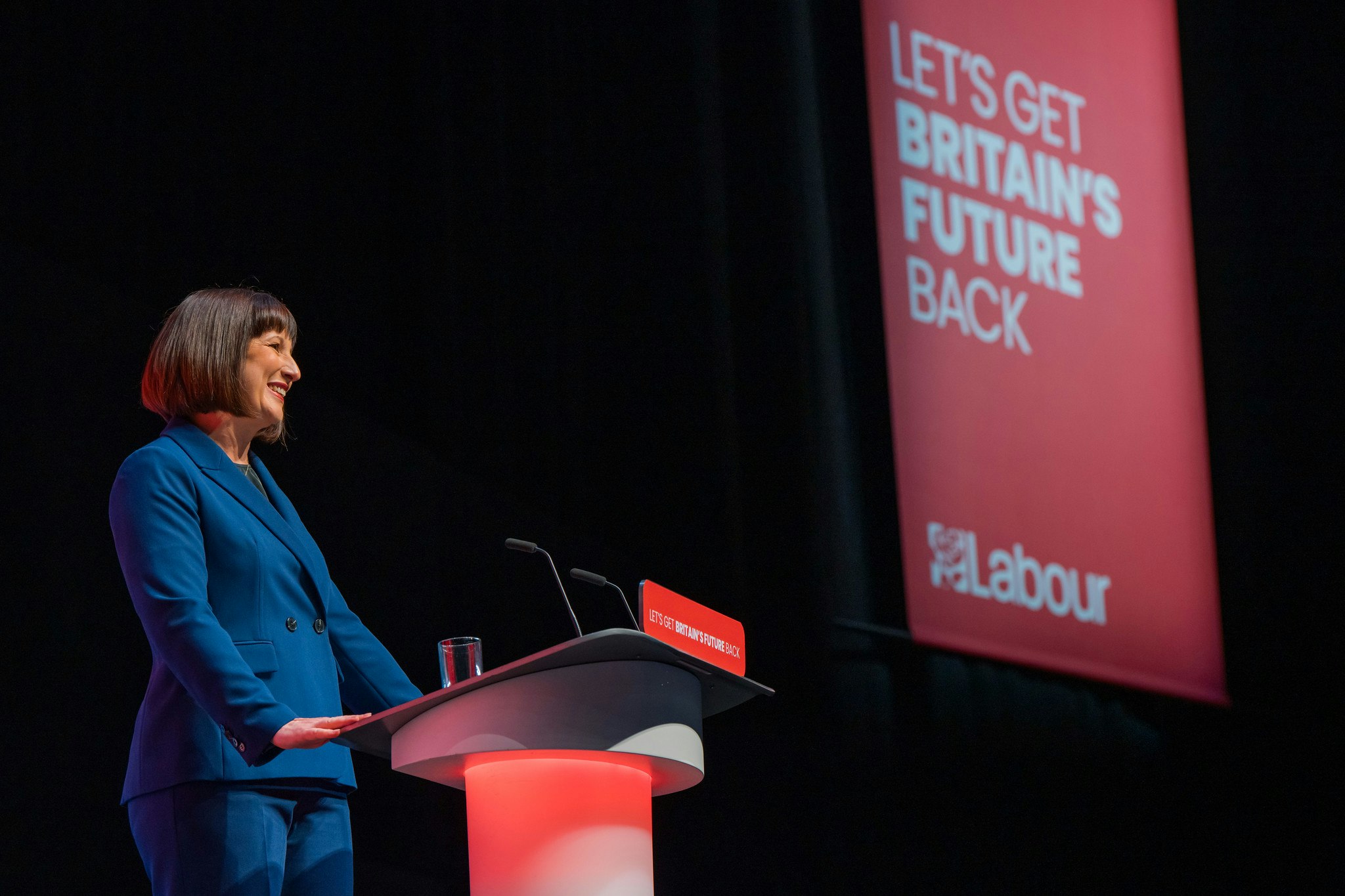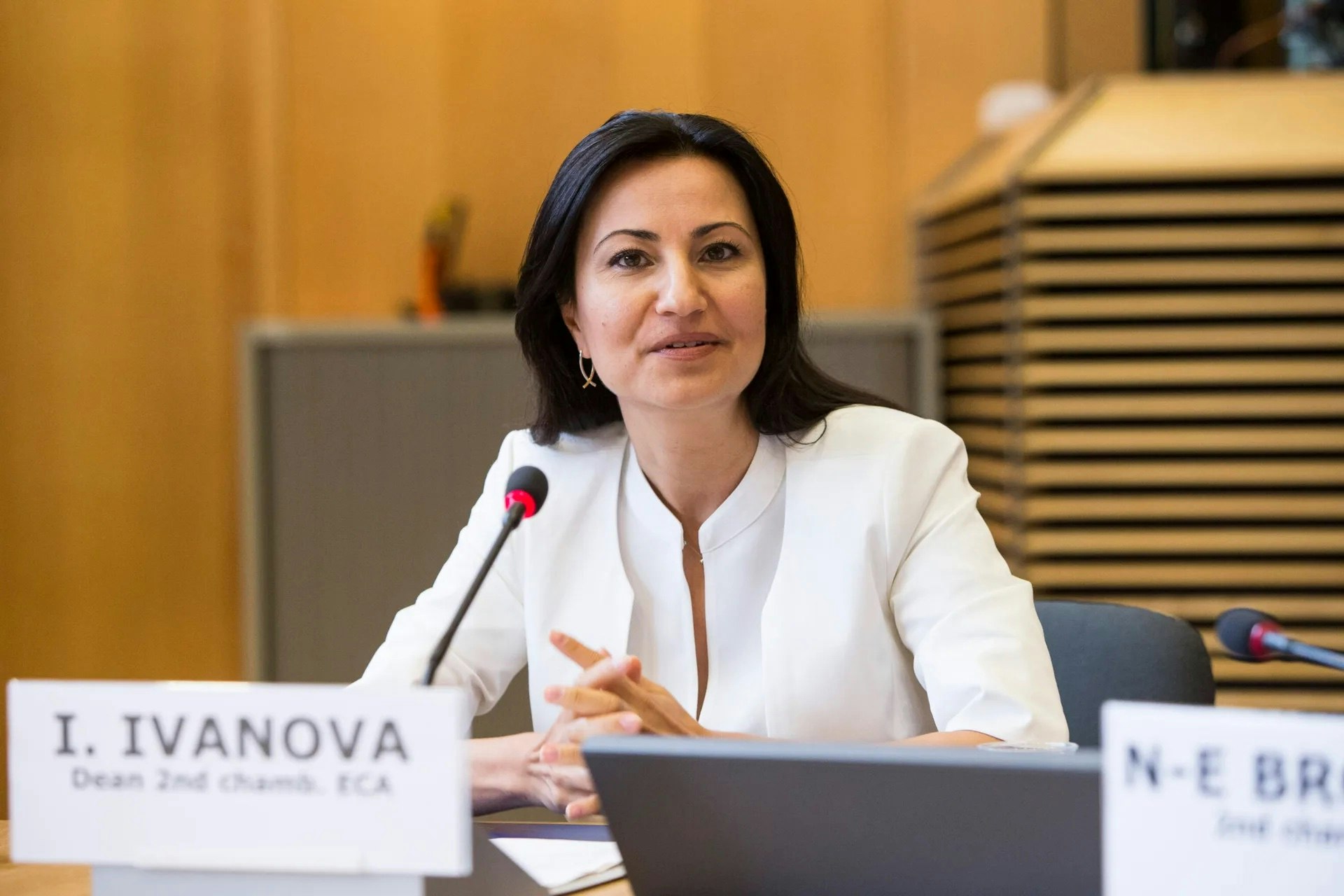Facebook’s oversight board is a “model of future regulation” that could expand its remit to include other large social media businesses around the world, according to one of its leading members.
Helle Thorning-Schmidt, the former prime minister of Denmark, said that the board — which has just hit the headlines for upholding the platform’s ban on Donald Trump — had the money, membership and independence to act as a cross-industry body.
Although she would have preferred the United Nations to take the lead on global content moderation, she suggested the Facebook oversight board was a good “second best solution”.
“I don’t see the UN coming up with a solution that could work as quickly as the Facebook oversight board and that would have the right funding, the right members and that could take independent decisions that could be respected by the social media companies,” she said in an interview with Sifted. “We are set up for other companies to join in the future.”
She added that the board might even one day be folded into a multilateral organisation like the UN so it was fully independent from Facebook. “Maybe, who knows, this could be taken over by multilateral organisations in the future.”
An industry-wide oversight board
This is not the first time that the idea of an expanded Facebook oversight board policing the industry has been mooted.
While little noticed at the time, Facebook CEO Mark Zuckerberg in 2019 said in a letter about the board: “We hope it will expand its scope and potentially include more companies across the industry.” More recently, Facebook’s vice president of global affairs Nick Clegg raised the prospect of an industry-wide oversight board at a FT event earlier this year and an official Rachel Wolbers also raised a similar hope in March.
So far leading social media companies such as Twitter, Reddit and YouTube have shown no public signs of interest in joining the board.
But the comments by Thorning-Schmidt are the most explicit yet and give a sense of how seriously it's being taken by the oversight board’s top members.
Facebook has so far committed $130m to funding the oversight board and recruited 20 politicians, lawyers, academics and journalists as members, including Thorning-Schmidt, Tawakkol Karman, the Nobel Prize winning Yemeni civil rights activist and Alan Rusbridger, the former editor of the Guardian.
The board, which started work last year, is now the final arbiter for content decisions for Facebook’s 2.5bn users and Instagram’s 1bn users and can also make non-binding recommendations about the company’s policies. To date, some 300,000 Facebook users have appealed to the board against content bans although the board only has the capacity to consider a tiny fraction of them. Facebook can also refer its own decisions to the board, as it did with Trump.
The oversight board’s critics argue that Facebook’s initiative is “regulation theatre” designed to distract attention from its inability to moderate the torrent of toxic content that has spread disinformation, extremism and online hate. Some industry experts have even launched an alternative Real Facebook Oversight Board to “respond to the critical threats posed by Facebook’s unchecked power.”
Other commentators have interpreted Facebook’s move as regulatory “preemption” attempting to head off intervention from governments.
The European Union has recently published its draft Digital Services Act, defining the big US tech platforms as “gatekeepers” that have special responsibilities. The UK government is also pushing an Online Safety Bill that would impose a particular “duty of care” on social media companies.
It isn’t right for governments to take decisions on freedom of expression.
In response, Thorning-Schmidt said that tougher regulation of the big technology companies might well be appropriate in areas such as tax and possibly antitrust. But she said she was strongly opposed to government regulation of free speech. “It isn’t right for governments to take decisions on freedom of expression. We have to remember that half the world’s population don’t live in democracies.”
She said the Russian, Turkish and Chinese governments would like nothing more than to have further justification for controlling online expression. “We mustn’t forget the voice and the agency that social media has given millions and millions of people,” she said.
However, Thorning-Schmidt argued that private companies should not be the ones to define free expression either and that the global community had a right to look over their shoulders. “What content should stay up? What content should be removed? It is not right that private companies should take these decisions entirely on their own,” she said. “We are forcing Facebook to follow their values, to follow their community standards but also to follow international human rights law.”
Challenges remain
Trying to draw the boundaries of free expression in a world in which every social media user is their own publisher is one of the most controversial challenges of our times. The oversight board upheld Facebook’s decision to ban Trump from its platforms following the insurrection on Capitol Hill on January 6. But the board was sharply critical of Facebook’s lack of transparency and consistency in enforcing its own rules.
Either, Facebook should have removed the offensive posts and suspended Trump’s account for a defined period. Or, it should have permanently deleted the then US president’s accounts. The board has now given Facebook six months to decide which course of action to pursue. “Facebook will not again invent a rule, such as indefinite suspension, as they did with Trump. That is why we think the Trump case is less about Trump and more about Facebook,” Thorning-Schmidt said.
Even though Facebook now employs 35,000 human moderators, Thorning-Schmidt accepted that the company’s human moderation was still not sophisticated enough or its algorithmic moderation refined enough.
The company had faced a particular challenge in the way it moderated content in smaller countries, such as Azerbaijan, where it did not have moderators with sufficient linguistic understanding. “There are even markets where Facebook’s community standards have not been translated properly,” she said.
I challenge anyone who is against the oversight board to come up with better solutions to some of these issues.
Some of the Facebook oversight board’s members appear to have been stung by accusations that they are providing a smokescreen for the company. “The more time and energy we all spend obsessing over content moderation, the less time and energy we have scrutinizing the Big Tech companies’ business models and working to pass legislation that actually protects us from these companies’ voraciousness,” Nathalie Maréchal, a policy analyst at Ranking Digital Rights, told the Columbia Journalism Review.
But Thorning-Schmidt insisted that the oversight board was bringing about real improvements that would not have otherwise happened. “I challenge anyone who is against the oversight board to come up with better solutions to some of these issues.”

